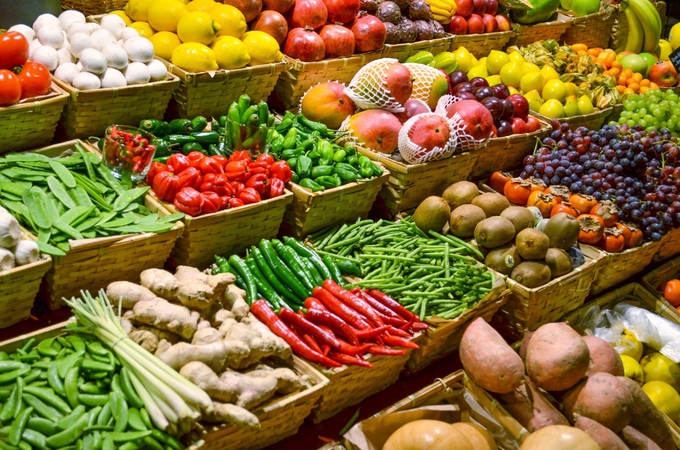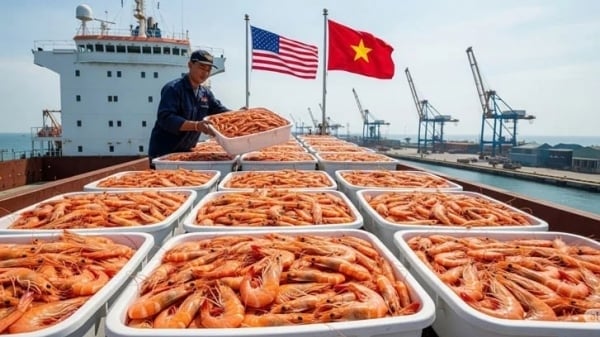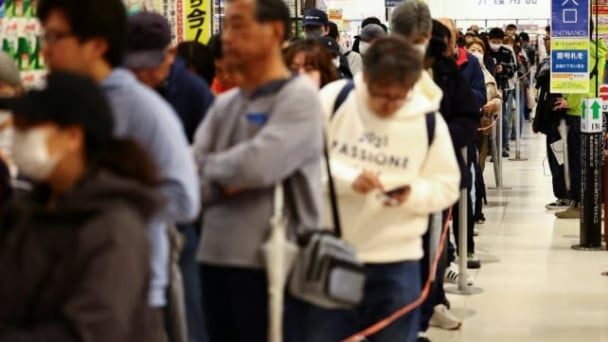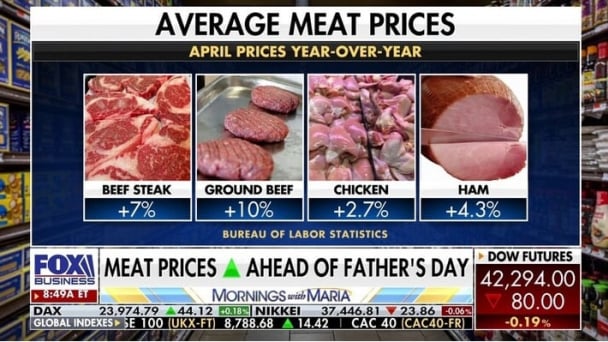June 15, 2025 | 09:34 GMT +7
June 15, 2025 | 09:34 GMT +7
Hotline: 0913.378.918
June 15, 2025 | 09:34 GMT +7
Hotline: 0913.378.918
In 2024, Vietnam’s export turnover for fruits and vegetables to Australia surpassed USD 111 million, marking a 25.9% year-on-year increase. Seafood exports exceeded USD 343 million, up 9%, while coffee exports surged by 48.3%. Rice exports rose by 17%, confectionery by 23%, and rubber by 17%, demonstrating strong growth across various sectors.
Beyond these key commodities, the Vietnam Trade Office has also focused on expanding the market for high-potential yet traditionally challenging products. Notably, Australia has now approved the import of fresh chicken from Vietnam. Capitalizing on this breakthrough, the Trade Office, in collaboration with M-Import and major supermarket chains, successfully introduced 15,000 processed black chickens to the market during the 2024 "Vietnamese Products Promotion Week" in Western Australia and Queensland.

In 2024, Vietnam’s export turnover for fruits and vegetables to Australia surpassed USD 111 million, marking a 25.9% year-on-year increase.
Vietnamese agricultural, fishery, and food products are increasingly present across Australian retail networks. The Trade Office continues to support businesses in penetrating new product segments, such as Ca Mau crab, which has demonstrated superior quality compared to Australia's native mud crab. Australian mud crabs, though expensive, are often less meaty and contain less crab fat. With standardized processing and packaging, Ca Mau crab has strong potential to become a high-value export product.
As inflation in Australia remains persistently high, the cost of goods has escalated, reaching its highest level in three months. By August 2024, the inflation rate had climbed to 3.3%, up from 2.7% in December 2024. Notably, fruit prices experienced a sharp increase of 12.3%. In light of these market conditions, the Vietnam Trade Office has urged domestic enterprises to accelerate the export of food, agricultural products, and fresh fruits from early 2025 to capitalize on rising demand.
To enhance export efficiency, the Trade Office has recommended that Vietnamese enterprises actively participate in international trade fairs in Australia and maintain close communication with the office to stay informed about market trends and trading opportunities. Additionally, businesses are encouraged to assign qualified representatives to engage directly with Australian partners, ensuring timely and effective responses to inquiries. A lack of prompt communication from Vietnamese firms has, in some cases, resulted in missed opportunities and failed partnerships. By fostering stronger connections and proactive engagement, Vietnam can further expand its footprint in the Australian market and solidify its reputation as a reliable supplier of high-quality agricultural products.
Translated by Linh Linh

(VAN) Noting risks, report examines impacts of avian influenza, changing trade patterns since 2022, fish fraud, and shipping industry’s net-zero goals.

(VAN) Mr. Tran Quang Bao, General Director of the Forestry and Forest Protection Department, met and worked with the International Wood Products Association to promote cooperation in the field of timber trade.

(VAN) China's outbound shipments of rare earths in May jumped 23% on the month to their highest in a year, though Beijing's export curbs on some of the critical minerals halted some overseas sales.

(VAN) To sustain capital flow, administrative reform alone is not enough; what farmers truly need is an ecosystem where both government and businesses grow together in support.

(VAN) Vietnam and the United States are proactively working together, each in their own way, to ensure that every container of agricultural goods carries not just products, but also long-term trust and value.

(VAN) Stores have started selling rice from the government’s stockpile to feed demand for the staple.

(VAN) Omaha Steaks CEO says rebuilding cattle herds will take about a year to ease price pressures.